America250:
The Founding Documents as Enduring Literature
Prof. Paul Siewers
DISCUSSION GUIDE
RECOMMENDED READINGS:
Declaration of Independence
Constitution
The Gettysburg Address
Federalist and Anti-Federalist Papers
INTRODUCTORY QUESTIONS:
Is America, based on its founding, primarily an idea or a cultural homeland, or both?
In examining the story and key texts of the American founding, is America a “propositional nation” based on an idea, or a country based on a particular culture? Or both?
How was the American founding exceptional and why?
The historical narrative and founding documents suggest the exceptional nature of the American founding. To what extent and in what way do they provide evidence for America as an exceptional country?
What evidence is there for reading issues of race and economic class into the founding of America?
It has been argued in recent years that race and economic concerns were primary in America’s founding, and that “1619” (marking the arrival of African slaves) and not “1776” was determinative. An evidence-based approach such as Richard Atkinson’s suggests they were not the main determinants. How do we assess these concerns and what do the documents themselves have to say?
What was the role of religious faith?
What do the story of the American founding and its key documents tell us about the role of religious faith in the American republic then and now? How determinative of the founding was it, if it had a major role?What are different ways of reading the founding in story and texts, based on the traditional liberal arts?
How can terms from classical liberal arts inform our analysis of narrative history of the American founding, as well as of foundational documents? For example, consideration of Aristotelian elements of plot, characterization, themes, and settings. Or ways of reading, such as: Historical, moral, allegorical, spiritual. Or types of causation: Material, efficient, formal, final.
Was America’s founding a revolution in the modern sense, or a civil war as some participants suggested? Why or why not for each?
Alexander Solzhenitsyn in his final work The Red Wheel characterized revolution as “retribution,” based on the Russian Revolution of 1917. How did the American Revolution differ from later Marxist definitions of revolution as class struggle, or the use of the term revolution in terms of cultural upheaval in the 20th century?
What are the personal lessons of leadership and character we can glean from the American founding, applicable to individual and family lives and careers today?
As the American Revolution evolved, the Declaration and later the Constitution together became central to American culture. How did these founding documents came to fill a void left by the monarchy?
Harvard historian Eric Nelson has argued that the Americans generally objected to Parliament more than to the King specifically, the monarch being more of a national symbol. The latter was transferred over to the Republic and the Presidency, Nelson argues. See if you find evidence for that trend as we move along in our reading.What is America today for you? How would you define America? Is the material we’re studying relevant to your experience and ideas of America in 2025?
Return to these questions at the conclusion of your discussions. Where has your perspective changed or evolved? What has remained the same?
As we dive into the great texts of the American Founding, let’s consider how these in many ways are the founding literary materials of America as well as governmental, because the American story at large culturally is so interwoven with them.
In the vacuum created by the sweeping away of monarchy from Anglo-America in the American Revolution, the Declaration and Constitution in many ways replaced kingship as the source of both symbolic unity and cultural debate.
After reading the founding documents, consider these questions:
How are the Declaration and Constitution connected?
What is the role of religion in them?
What philosophical assumptions underlie them? Natural law is a prime aspect discussed in our readings. We’ll work to unpack what that means and how that applies.
How distinctly “American” are these documents?
How are elements of “checks and balances,” “divided powers,” and generally limited national government as represented in the Bill of Rights important to the shaping of American culture as well as representative of it?
In considering the founding documents as enduring literature, consider the elements of:
Theme
Setting
Plot
Characterization (including those involved as authors, supporters, opponents, and readers then and now).
Style
Diction
Tone
In liberal-arts tradition, consider the four ways of reading these documents:
Historical
Moral
Allegorical (Metaphorical)
Spiritual
Reflect as well on the texts in relation to the Aristotelian four causes:
Material (what it is made of)
Efficient (the agent—who or what makes it)
Formal (its shape or soul)
Final (its purpose)
Would you have followed the signers, based on the philosophical contexts we’ve been reading, and the clauses of the Declaration? Would have been willing to pledge your life, your fortune, and your sacred honor for the cause of separation from England?
The Declaration has several mentions of God, what are they?
The Constitution has one mention of God and one recognition of the Sabbath. Where are these?
How did these documents form the American story? How do we participate in the American story today, individually and in families and communities? How can we contribute to the American story as begun in these documents?
